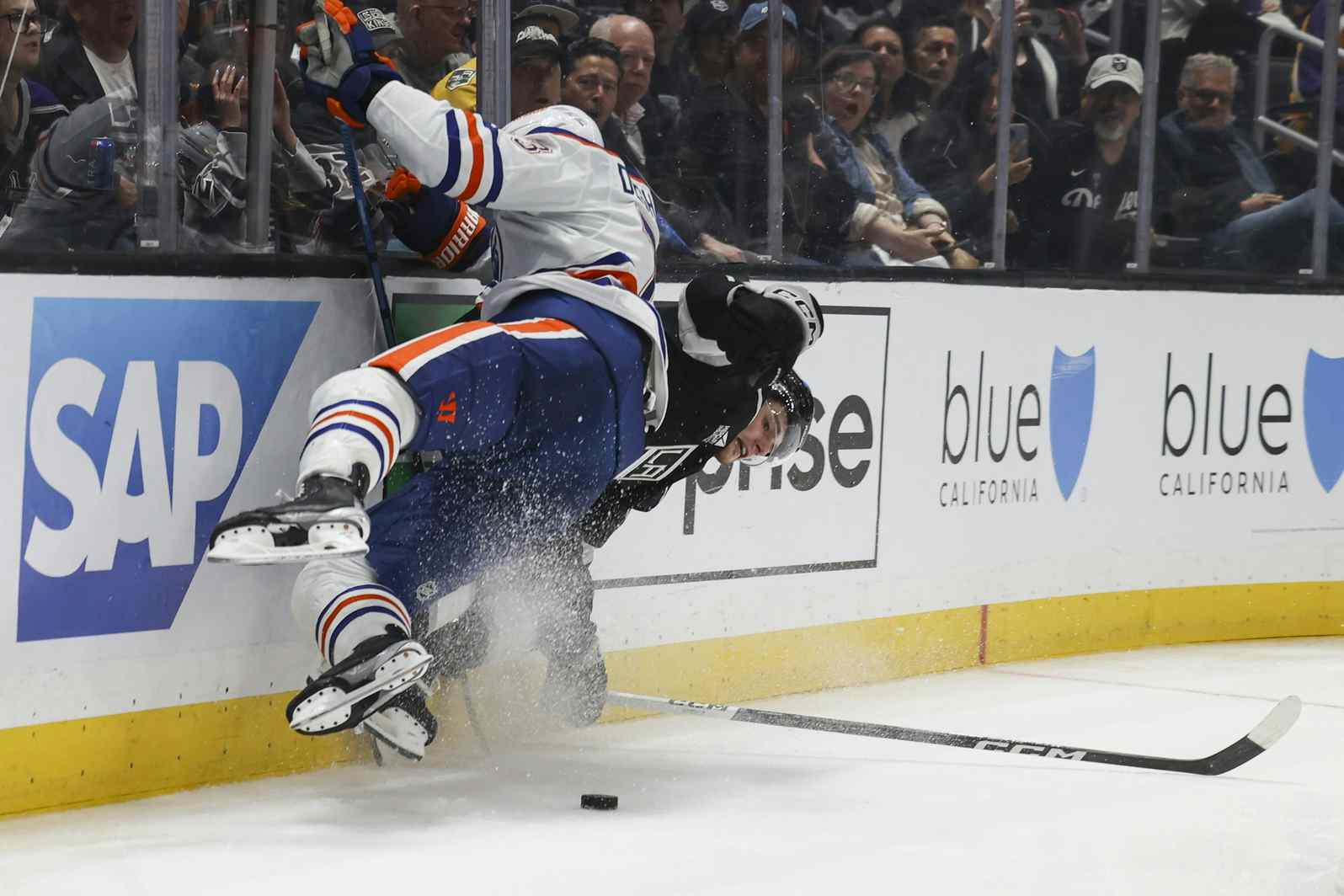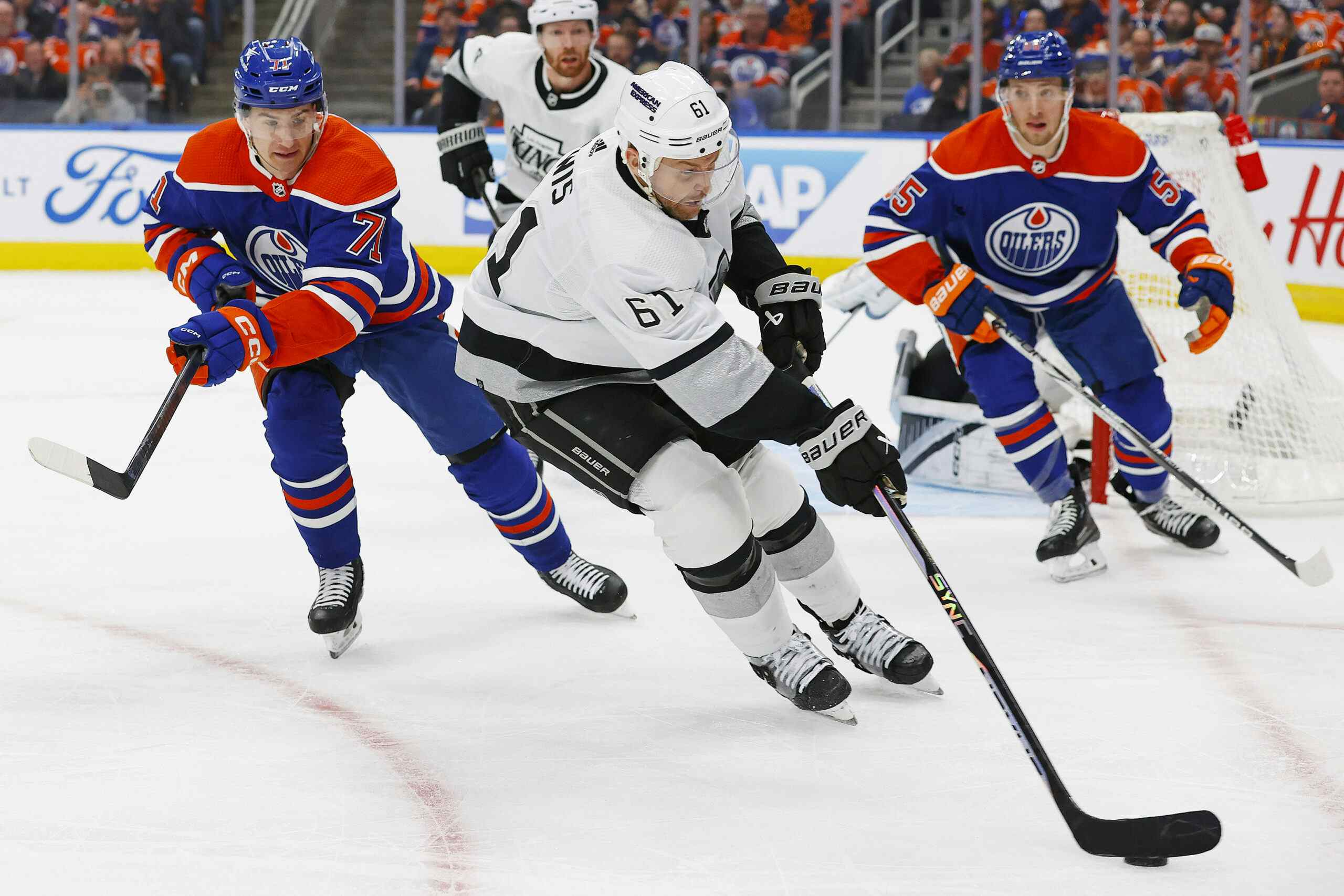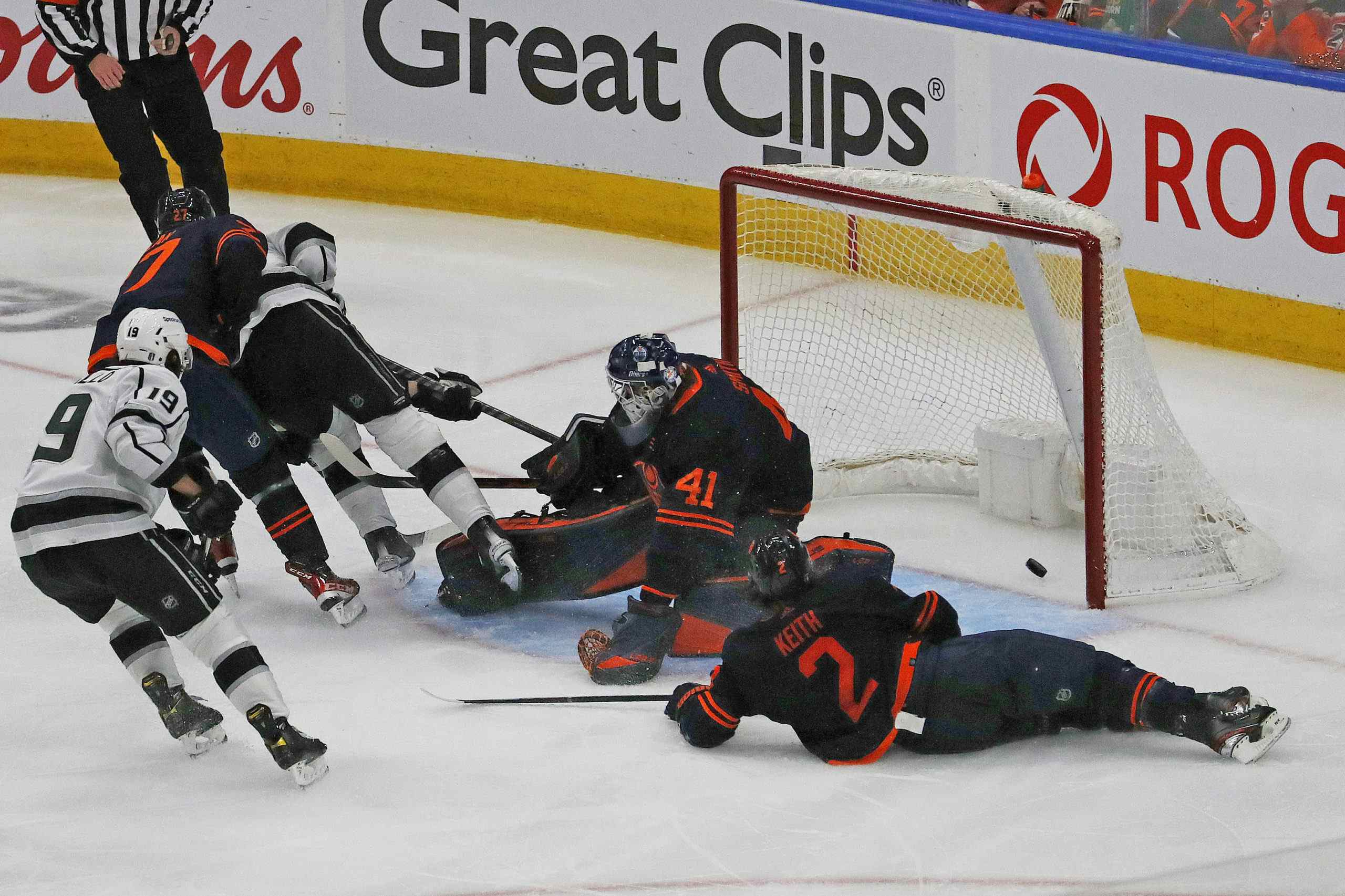Are the Philadelphia Flyers leading the charge on the NHL side to end the lockout?

According to a report in the Philadelphia Daily News, Flyers owner Ed Snider – pictured above and one of the most influential owners in hockey – is pushing for the league to bridge the gap with the players’ association and bring the lockout to an end. Does this mean we could once again have NHL hockey in the near future?
The Report
The piece on Snider is by Flyers beat reporter Frank Seravalli, and mentions a lot of interesting things. I highly recommend reading the full item. This is an excerpt:
Behind the scenes, there seems to be a seismic shift going on among the NHL’s Board of Governors, also known as the group that Bettman answers to collectively… Multiple sources confirmed to the Daily News on Friday that Snider, once seen as a supporter of the Bettman’s push to rein in the players’ share of revenue, has soured on the process after it became apparent that a deal would not be brokered in time for a Dec. 1 puck drop.
It’s worth noting that the entire piece is sourced anonymously. There is enough meat there to be interesting – and Seravalli, in my experience, is a solid reporter – but it remains a caveat that must be mentioned.
The Implications

Beyond the fact that Snider is an influential voice on the Board of Governors, he’s also the chairman of Comcast SportsNet, also known as NBC Sports Regional Networks. A shift in Snider’s position may suggest a shift in the position of NBC. While the NHL has a long-term deal with the network, they’ve long prioritized the needs and requirements of American television.
If in fact the television networks are getting antsy about the fallout of a prolonged labour dispute, that will be a major pressure on the league to get a deal done.
Bettman’s Perspective

While the task facing NHL owners hoping for a settlement is daunting – they need a three-quarters vote to overrule the commissioner – it seems very unlikely that this is a situation that will eventually come to a vote. Gary Bettman is not a dictator wielding absolute power – in the long-term, his job is dependant on the good will and the support of the Board of Governors. He can’t afford to alienate them, and he knows that. If support really is shifting behind the scenes, it seems probable that he will respect the owners’ wishes.
Of course, Bettman also has opportunity to try to convince doubtful owners that continuing the lockout is the right course of action financially, and he has a decent case if there’s a belief that the NHLPA will bend under further pressure.
I’ve looked at the NHL’s financial motivations previously, and the fact is that on a CBA with a six-year term, every dollar they save in negotiations is worth losing six dollars this season. At this point, with the long-term dollars seemingly set at a 50/50 split, the owners have already gotten their money’s worth out of this lockout – a 12 percent drop in the percentage of revenue allocated to players easily justifies losing half a season when seen through a financial lens. The question is whether Bettman’s numbers suggest that putting a deal off a little longer could result in additional benefits for the league, enough to outweigh lost time this year and the potential of diminished fan support next year.
The players, after all, are in a much less favourable position financially: money lost now is money that the vast majority will never recoup even if they are able to secure concessions from the league. The NHLPA’s financial interest has always been represented by getting the best deal they can as quickly as possible.
Bridging the Gap
The long-term future of the NHL appears to be set: the owners and players will split hockey-related revenue, as currently defined, 50-50 over the bulk of the next agreement. The remaining issues – the NHL wants small contractual concessions and there are disagreements over how to get to 50/50 and how to share damage caused by the lockout – are significant but really should not be the sort of problems that threaten the season.
The players have a financial incentive to get a deal done, and though Donald Fehr has done a good job of downplaying that he is under pressure. If the owners can start to put the same pressure on Gary Bettman, maybe there’s a deal to be had.
Then again, there have been positive indicators in these negotiations before and they have ultimately gone nowhere.
Recently by Jonathan Willis
- Should the Barons play games in Edmonton?
- Ten points: The Barons, Sergei Makarov and the lockout
- Employees
- Oklahoma’s epic comeback falls just short; they lose 6-5
- Tyler Pitlick & his NHL future
- Best of the Nation: 11.11.12
- Ten games in: AHL report cards
Recent articles from Jonathan Willis





